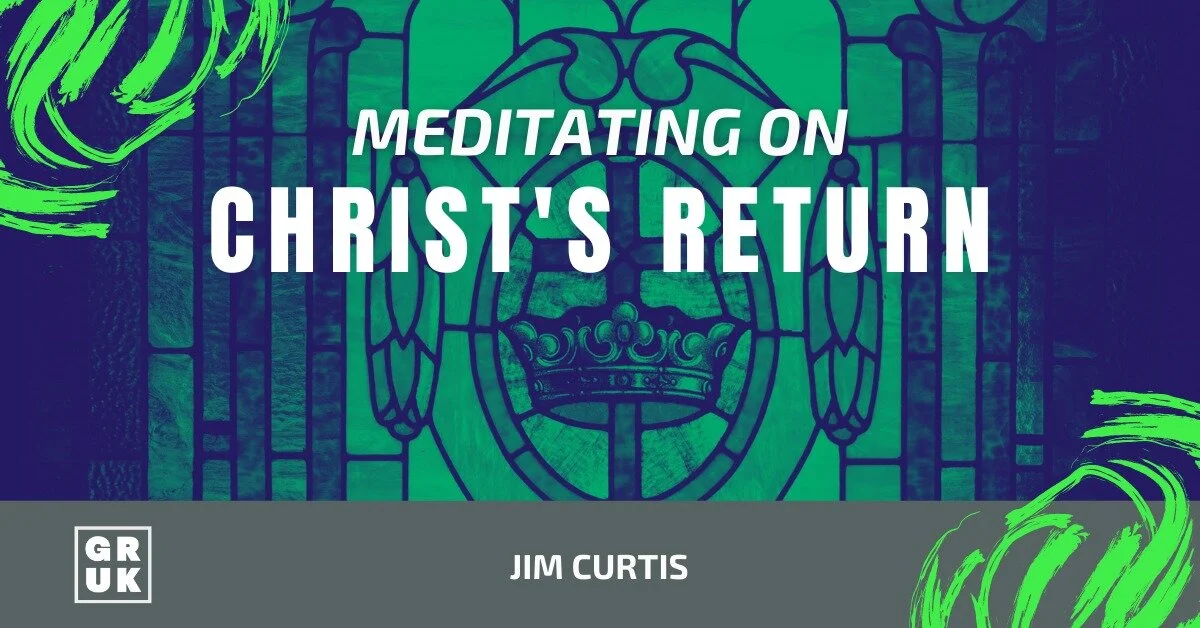What Do You Want?
by Jim Curtis
Well, it’s the Christmas season—or, as I’ve recently learned, it’s Crimbo. Many of us are now looking up sales and deals, trying to online shop for gifts and presents, to ensure that our friends and families feel loved through gift giving. All the while, families are sending emails and messages asking us: What do you want?
A curious question, that. Of course, we know in context, it’s concerning Christmas gifts. But set it in a different context, and you see the same question can be accusatory rather than truly inquisitive. It can have several different meanings, all quite separated from one another. Yet, there is a golden thread among all of them; in all its various contexts, that simple question is a matter of desire. It is, at its root, a question seeking for someone to be honest about their will: tell me what is in your heart.
My wife has remarked on more than one occasion that oft quoted proverb: the way to a man’s heart is through his stomach. As such, the question I normally answer is what I want to eat. Others may desire relationships, romantic or platonic, and still others simply desire time alone. Desire is something which dominates the day-to-day, as well as the day-dreaming we so often partake in.
The Desire of the Soul
Yet, for all this discussion of desire—food, gadgets, relationships, and others—I wonder how often we sit and contemplate these desires as a part of a larger longing, and more acutely where we might actually find true satisfaction for those desires. On this contemplation, I have found Psalm 84 to be instructive. There, we are told in the opening verses:
How lovely is your dwelling place,
O LORD of hosts!
My soul longs, yes, faints
for the courts of the LORD;
my heart and flesh sing for joy
to the living God.
In contemplating desire, the Psalmist finds that his true longing is not for immediate satisfaction or items to check off a list of gifts. Rather, he finds himself longing for a place—or, perhaps better, a presence. He finds his longing is in the Lord Almighty, and not some shallow longing that makes him a means to an end. Rather, the longing here is so deep, the desire so strong, that the soul would faint to simply be in the house of the Lord. This is more than some holy-homesickness; the psalmist needs this desire, he must have it to be both satisfied and to be sustained in his being.
All too frequently, we must admit that our smaller, shallower desires overshadow such a longing. Which of us would faint for the latest phone, that newest car, or the next job. Even good things, like meals and fellowship with others can be a distraction from this longing of the soul. And especially the things we shouldn’t desire, those things which are not ours, can lead us into covetousness and discontentment.
Yet, the Psalmist spends more than a moment discerning what he wants. He asks the hard question: what is good for me? What is better than good? And further still, what is best? And through this paradigm the Psalmist concludes only one thing: The Lord himself is my chief desire, the deep longing of my soul is to be in his presence, to experience his love, that I might sing joyously in my heart and with my mouth the praises of the Lord?
The Satisfaction of the Lord
Later on, the Psalmist reflects not on his desire so much as the goodness of this desire. He remarks in verses 9-12:
Behold our shield, O God;
look on the face of your anointed!
For a day in your courts is better
than a thousand elsewhere.
I would rather be a doorkeeper in the house of my God
than dwell in the tents of wickedness.
For the LORD God is a sun and shield;
the LORD bestows favor and honor.
No good thing does he withhold
from those who walk uprightly.
O LORD of hosts,
blessed is the one who trusts in you!
All within the context of the Anointed, the Psalmist has confidence that the Lord is good—to such a point that he would rather be a doorkeeper in the Temple than, implicitly, anything “better” in the tents of wickedness. What an astounding commitment: to be the lowest of the low in the House of the Lord is better than being the highest of the high anywhere else.
Who says that? Who would rather be a servant, a no-body, a no-name, than have the fame and plaudits of the world around?
The answer may not surprise you; of course, the answer is Jesus. Yet, he did not come to serve as a doorkeeper in the Temple. Nor did he come, as was his birthright, as the Davidic King to rule in Jerusalem. Jesus says in Mark 10:45:
For even the Son of Man came not to be served but to serve, and to give his life as a ransom for many.
In actual fact, Jesus left the most desirable place—the very presence and House of the Lord—to be a servant not in the Courts of God, but among the poor, sick, and no-names of the earth. This isn’t because his desire was to be here, rather than with the Father. No, much more than that, it is because his desire was to satisfy our desire to be with the Lord! This is not only why he came, but also why he left (see John 14:1-6), such that he continues this ministry even today!
We see, then, that not only is the Lord our desire in Psalm 84, but the one who achieves that desire for us in Christ. He satisfies us by bringing us into his presence as sons and daughters, rather than strangers and aliens (Ephesians 2:19).
What Do You Want?
So, what do you want? Clothing, gadgets, gift cards, and socks? These are all fine things to want. Go and joyfully finish your Crimbo shopping. But what is the deep desire of your heart? To be around a tree opening gifts? Or to be in the matchless presence of God Almighty?
Here, then, is what we celebrate during Christmas: the desire of our souls, Jesus Christ, has truly come to make a way for us to be in the House of the Lord. We need no longer faint—the promise has become reality.













